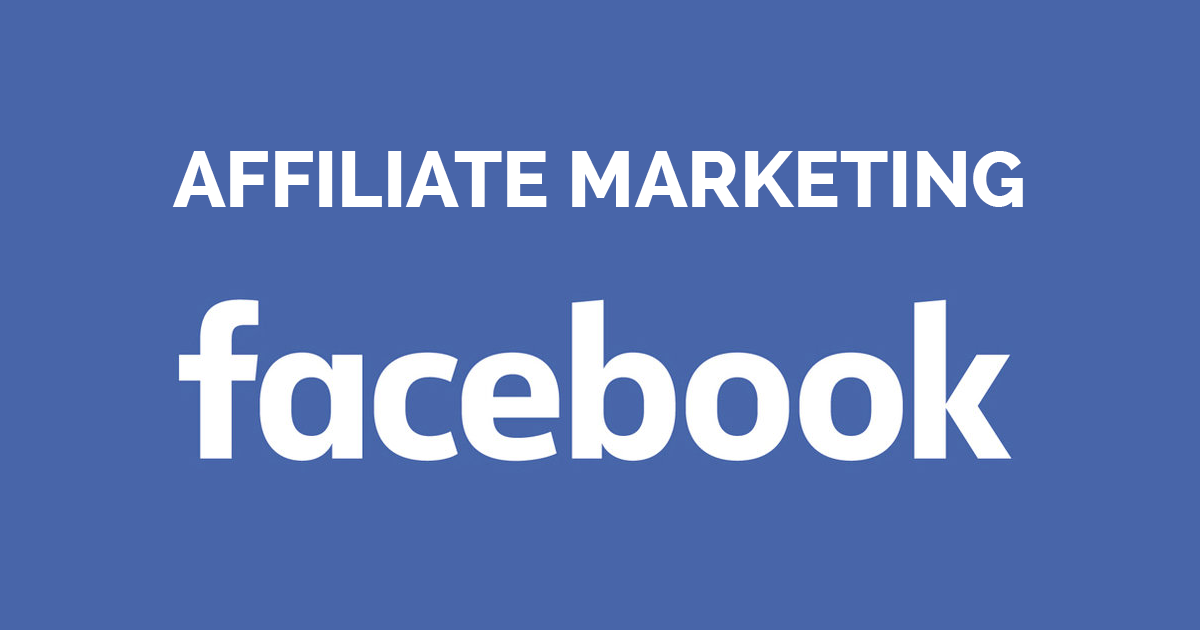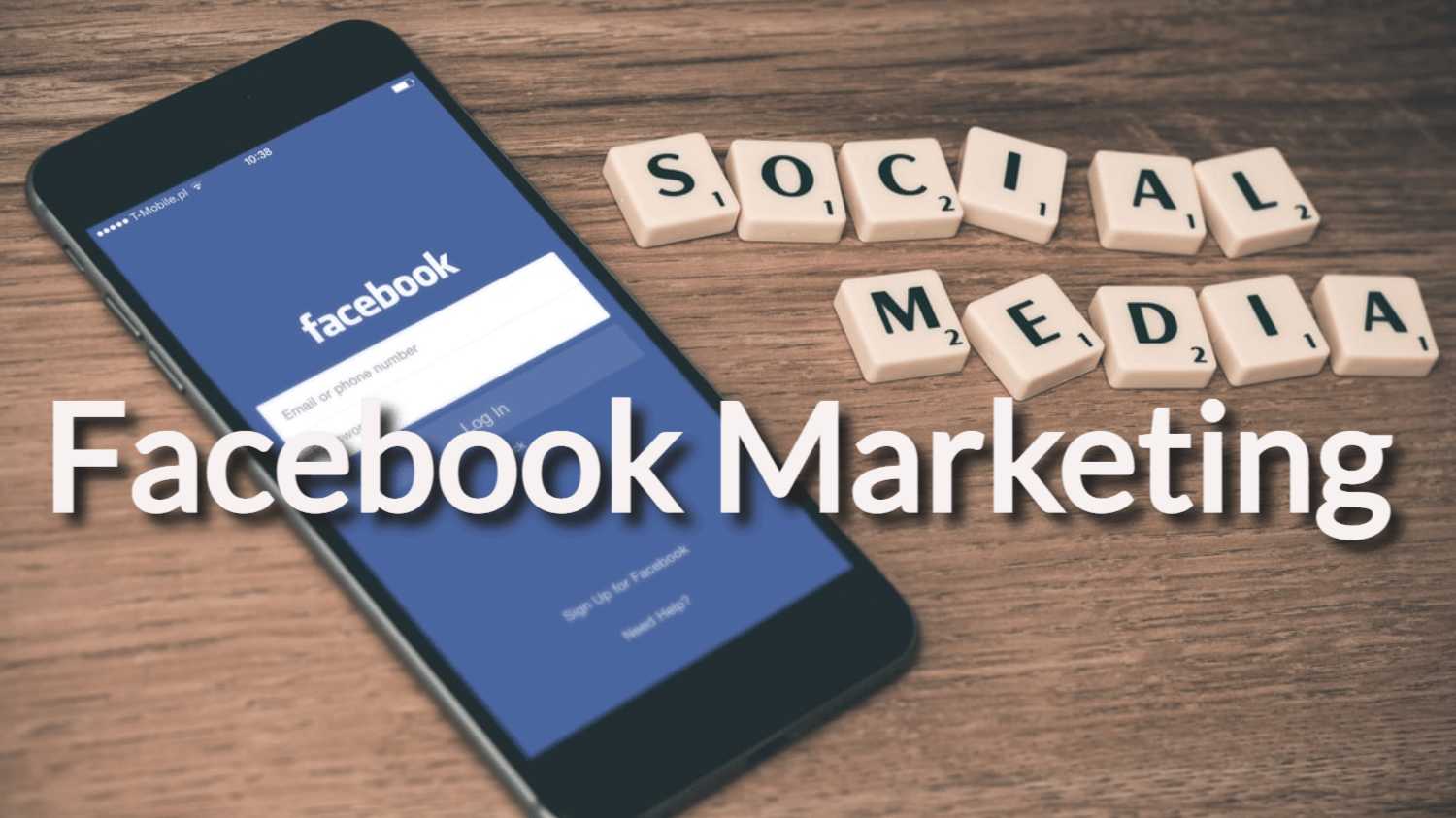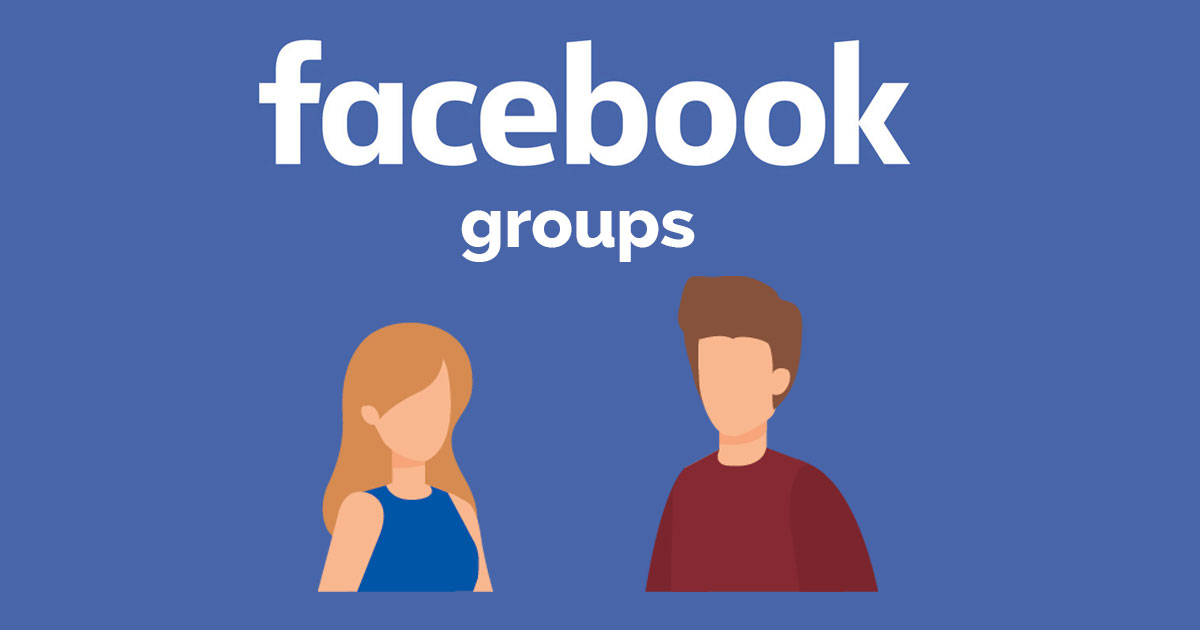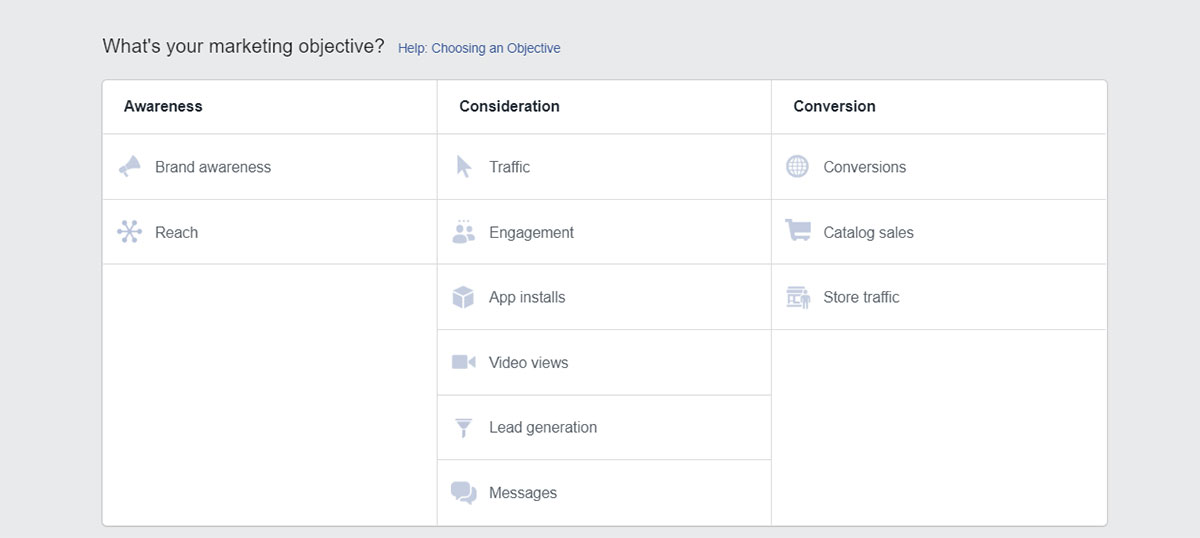Right Way to Promote Affiliate Links on Facebook
 BloggingLizard
BloggingLizardPromoting affiliate links on Facebook, or on other social media, is for many affiliate marketers the no. 1 technique. The reason for this is that it is much easier to get started as you don’t need to have your own website.
Before we get to the techniques for how to do affiliate marketing on Facebook, let’s first quickly go over some basic rules.
Affiliate Marketing on Facebook – What Rules Should You Follow?
Affiliate marketing is allowed on Facebook, but you must always comply with Facebook’s advertising guidelines.
Facebook is just like Google: all about the user experience. It is not in Facebook’s interest to let advertisers send people to shady landing pages that offer ‘get rich products’.
Some people who buy these products and don’t get the promised result stop trusting all ads on Facebook. If Facebook didn’t have any guidelines in place, less and less people would click on Facebook ads over time and Facebook would lose money.

Therefore, if you don’t want to breach Facebook’s guidelines, try to avoid making bold and specific promises in your ads. Titles like ‘Buy this program today; lose 10 pounds tomorrow’ will get your ad rejected or even banned.
Also, don’t forget to add appropriate disclosure to your posts in accordance with FTC guidelines (or other guidelines applicable in your country). It should be obvious that your post includes an affiliate link. For instance, I have seen many posts on Facebook that utilize hashtags for disclosure: #Affiliatelink.
The question is whether one has to also add disclosure in Facebook ads or just in regular posts. Facebook ads are already marked as sponsored, so it seems unnecessary, but I haven’t managed to find a definite answer.
It goes without saying that each social media platform has its own guidelines. If you decide not to promote affiliate links on Facebook, but let’s say on Twitter, be sure to become familiar with their guidelines as they may differ.
Lastly, you should also check if the affiliate program itself allows promotion on social media.
For instance, you cannot promote Amazon affiliate links on Facebook utilizing paid ads as it goes against the program’s guidelines. The same is true for ClickBank.
Why You Should Promote Indirectly
Promoting your affiliate links directly on Facebook (linking directly to a sales page) may sound tempting as it is very easy to do, but I don’t recommend anyone to take the easy road.
No matter whether you are promoting links for free (on your Facebook profile/page or in a Facebook group) or using paid ads, you cannot expect that many people will go for a direct sale.
Especially if you are promoting high ticket digital products. People will not click on your post, read a landing page and buy a $999 course.
A better way is to not post affiliate links on Facebook but draw traffic to a piece of your content where you tell people about the product and its benefits. People will be much more likely to click and buy from affiliate links included in your content than if you directly send them to a sales page from Facebook.
How to Promote Affiliate Links on Facebook
There are a couple of ways in which you can approach affiliate marketing on Facebook, and they all have one thing in common. You need to build an audience; you need to establish some trust.
If you don’t want to risk losing money on paid ads and therefore want to promote affiliate links on Facebook using one of the free methods, then you need to establish a fan base first. Focus on adding value to people’s lives on Facebook before you start doing any promotion.
If you build an audience of people interested in travelling, you will get far more clicks to your posts and your conversation rate will also be higher because people who follow your page, or are part of your group, will trust you more.
With trust, you can then even pull off direct promotion. If people trust you, they believe your recommendation.
Facebook Groups
Facebook groups are great as they allow you to find a very targeted audience. Let’s say you are promoting a ClickBank product that teaches people how to find very cheap flight tickets.
There are literally hundreds of groups on Facebook devoted to traveling. In these groups, you can find people who are interested in traveling and thus are potential buyers of this product.

People also read
Of course, you should not join all the groups and spam your link everywhere. That would not yield you any results and also you would soon get banned as it would violate the group’s rules. Directly promoting links on a Facebook group is simply not the way to go.
You will have more chance of success in promoting affiliate links on Facebook if you promote them indirectly. So, in our example, when you promote a product that teaches people how to find cheap tickets, you would write an article related to air travel. You could write an article about the best travel fare aggregator websites.
A lot of Facebook groups allow the posting of links to blog articles (read the rules of each Facebook group first before posting). If people click on your article about air travel, then you have a much better chance that they will buy from your affiliate link in the article.
Furthermore, if people from Facebook land on your website and you have an email opt-in on your page with some freebie, then you have a chance of getting their email and promoting the ClickBank product through email marketing as well.
Your freebie should be related to the product you are promoting. In our example, you could have a freebie like ‘7-day course – how to get the cheapest flight ticket’. You would create an email opt-in and place it at the end of your article. All superior email marketing software will allow you to create nice-looking opt-in forms. I use and recommend ConvertKit.
I know it’s a cliché, but it’s true that doing affiliate marketing without collecting emails means leaving a lot of money on the table.
You may be saying to yourself right now: ‘’Hmm, I wanted to promote on Facebook because I don’t have a website, but I cannot do the above-mentioned without a website.‘’
I will be completely honest with you, if you want to use Facebook for affiliate marketing and you don’t want to pay for ads, then you will need a website. If you don’t have a website, you cannot expect to earn a lot of money doing affiliate marketing on Facebook.
If you don’t want to have a website, you can create your own Facebook group. As an admin of a group, you can pin a post with a direct link to the product you are promoting. The post stays at the top and you don’t have to worry that anyone will ban you.
This sounds great, but, of course, it takes time and effort to build a Facebook group with a decent number of members. You cannot just post affiliate links in your group, you need to provide value and build engagement.
Facebook Page
Creating a Facebook page makes sense if you have a website. It allows you to keep your audience updated with your latest content. You can send your followers to your content that includes affiliate links or, if you have established trust, you can try to directly send them to the product page.
If you don’t have a website, I don’t recommend creating a Facebook page just for the sake of using it for affiliate marketing.
People in general interact with pages less than they do with groups so if you don’t have a website, create a group.
However, it is worth noting that, for some, niche pages work better than groups. For instance, if you were promoting dog or cat related products, a Facebook page would be a great asset. People follow dog/cat pages simply because they like seeing pictures of their favorite pets and not because they want to lead an conversation about them.
If you are not sure if a Facebook page would work in your niche, just search on Facebook for similar existing pages. If you can find at least one generic page (not a brand) with a bigger following, then creating a page makes sense.
Facebook Ads
Running Facebook ads is another way in which you can approach doing affiliate marketing on Facebook. The benefit of running Facebook ads is obvious: you don’t need to have a fan base on Facebook. Facebook provides you with many targeting options like demographics, interest or behaviors, etc.
If you promote beauty products, you can show your ad solely to women who have expressed an interest in beauty products or who are, for instance, frequent buyers. You don’t need to take time to build a group or page around your targeted audience, you can target potential buyers right away.

As mentioned previously, Facebook allows the use of affiliate links in ads, but you have to be careful about the quality of the product landing page. Furthermore, you should always check that your affiliate program allows promotion via Facebook Ads. Many people make a mistake that they promote Amazon affiliate links on Facebook in spite of the fact that the Amazon Associates Program forbids it.
If you don’t have a website, page or group in which you could promote your links, Facebook ads are an option to get started fast.
However, I would again still recommend creating a website or at least a simple landing page with an opt-in form. If you pay for traffic, it should be even more in your interest to follow up with people who clicked on your ad but didn’t buy. You should always have some kind of opt-in form that allows you to do that.
Of course, this recommendation doesn’t apply to all products. If you promote very low-ticket products, then you can often send people directly to the sales page as the buying decision process is much faster.
Conclusion: Should You Promote Affiliate Links on Facebook?
In my opinion, doing affiliate marketing on Facebook has great potential if it is approached correctly. If you decide to use Facebook for affiliate marketing only because it’s easy to spam your links everywhere, you cannot expect to be successful.
On the other hand, if you take the time to build a following for a page/group or if you leverage Facebook to send traffic to your blog posts, then doing affiliate marketing on Facebook can be a game-changer for you.
Whether you decide to promote on Facebook freely or use Facebook ads, my best advice is to always have a website. If you don’t have a website, you miss out on a lot of sales.
Source
BloggingLizard
